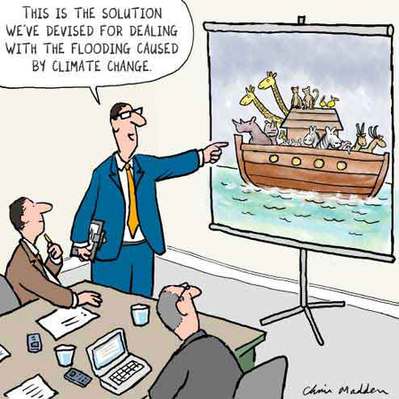Britain's biggest water company lifted the lid on how it slashed costs by burning customers' faeces to make electricity.
英國最大的水公司日前揭露了其大幅降低成本的發電方法──焚燒顧客的糞便。
Thames Water said "poo power" saved them £15 million last year by generating renewable energy from the foulest of sources.
泰晤士水公司表示,他們將這一“萬臭之源”轉化為了再生能源。“便便發電”去年替他們省下了1500萬英鎊。
The company, which handles the waste of 13.6 million people in London and the River Thames valley, said it had met 14 percent of its energy needs by either burning sewage or methane derived from it in 2008-2009.
負責處理倫敦和泰晤士河谷地區1360萬居民排泄物的該公司表示,2008年至2009年間,他們靠著焚燒水肥或從糞便中提煉出甲烷的方式,滿了該地區14%的電力需求。

Energy is generated through either "thermal destruction," where dried blocks of "poo cake" are burned, or "anaerobic digestion," where the methane from sewage sludge is burned.
其發電方式有兩種,一是透過焚燒干糞磚的“熱解”技術,一是利用焚燒水肥所產生之甲烷的“厭氧消化”方式。
"There's no polite way of saying this but what we produce — our poo — isn't simply waste, it's a great source of energy," said Keith Colquhoun, Thames Water's climate change strategy manager.
泰晤士水公司氣候變遷策略經理基斯·柯恩寬說:“談這個可能不太禮貌,不過我們所生產的(糞便)不僅僅是廢物,也是種絕佳的能源。”
"That's good news because we treat 2.8 billion liters of sewage every day at our 349 sewage works. The solids in sewage have a high calorific content that we use to generate electricity.”
“這是個好消息,因為我們349個污水處理廠每天要處理28億公升的水肥。污水中的固體蘊藏高熱能,可以用來發電。”
Colquhoun said everyone had to muck in and urged delegates at the UN climate talks in Copenhagen to produce more than just hot air.
柯恩寬說,每個人都應該盡一己之力,敦促聯合國哥本哈根氣候大會的代表不要只說空話,要拿出點成績來。
"It' about all of us taking action — and in our case, that includes poo power," he said.
他說:“我們大家都應該采取行動─以我們公司而言,就包括了便便發電。”
相關閱讀:
哥本哈根氣候大會
英一半民眾認為氣候變化非人為所致
專家預測:2010年史上最熱
碳減排 carbon emission reduction
(來源:愛詞霸沙龍 編輯:Julie)